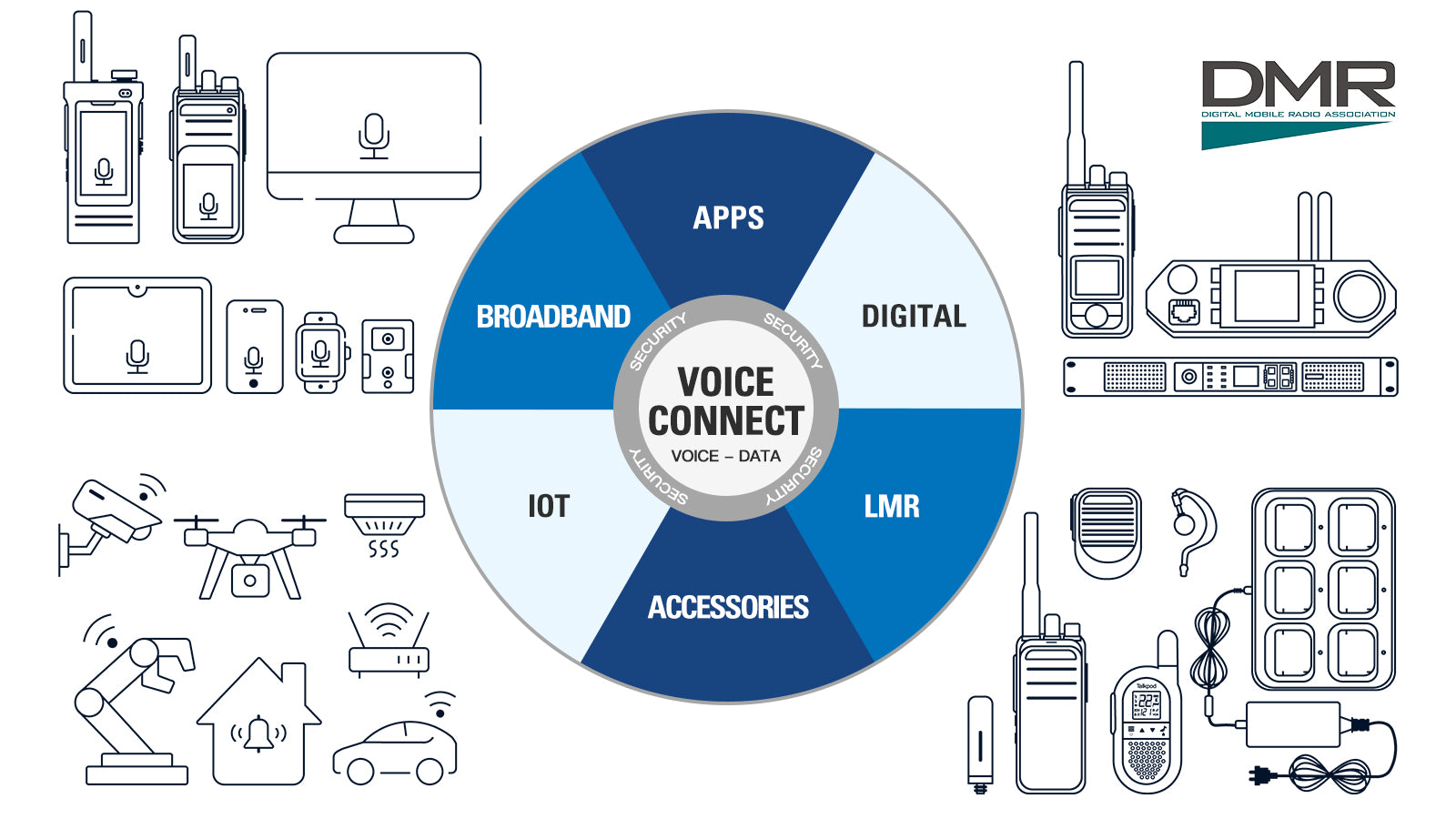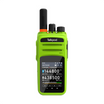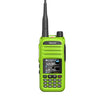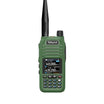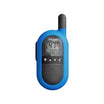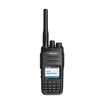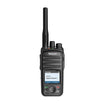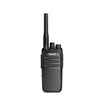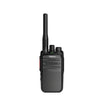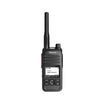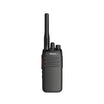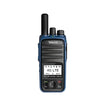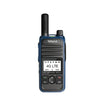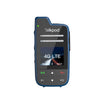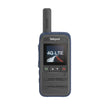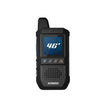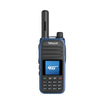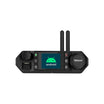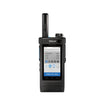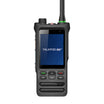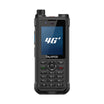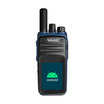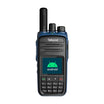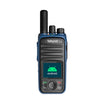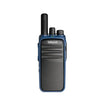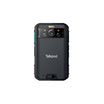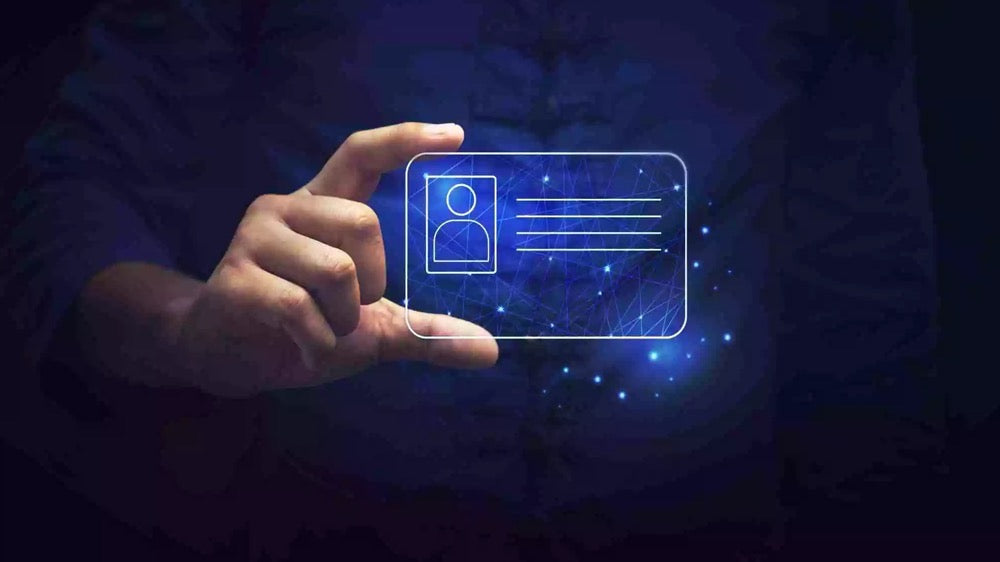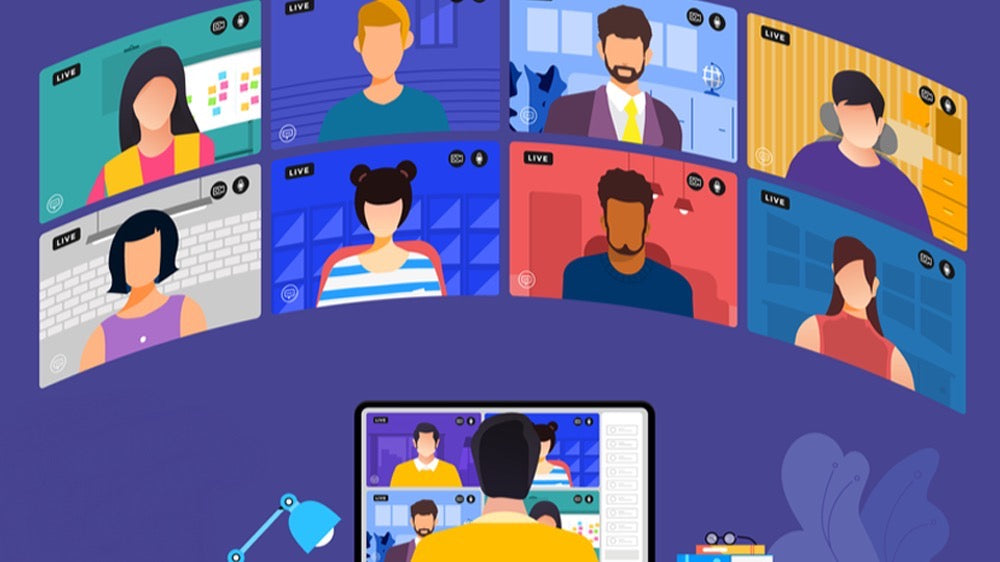In the realm of radio communication, the Individual Call stands out as a tailored, direct method of reaching out to a specific user. This blog post delves into the essence of Individual Calls and their pivotal role in effective communication strategies.
An Individual Call is, at its core, a targeted communication link established between two radio users. Unlike group calls or broadcast messages, an Individual Call connects one sender with one receiver, creating a private channel for their interaction. This exclusivity is crucial in scenarios where confidentiality and immediate attention are paramount.
In high-stress environments like emergency services, law enforcement, or military operations, the ability to communicate directly with an individual can be a game-changer. Commanders can relay sensitive orders, emergency responders can coordinate rescue missions, and teams can exchange critical information without the clutter of group chatter.
Moreover, Individual Calls enhance operational efficiency. In a corporate setting, for example, managers can use Individual Calls to connect with field operatives for quick problem-solving, thus reducing downtime and enhancing productivity. This direct line of communication ensures that messages are not only delivered swiftly but are also received and acknowledged, minimizing misunderstandings.
In the digital age, where radio systems like DMR (Digital Mobile Radio) are prevalent, Individual Calls are enhanced with features like caller ID and encryption, adding layers of security and personalization to the communication.
To sum up, Individual Calls in radio communication are more than just a feature; they are a strategic tool that enhances the precision, privacy, and efficiency of interpersonal interactions. Whether in emergency scenarios, military operations, or daily business communications, Individual Calls serve as a vital link, ensuring that critical messages are delivered to the right person, at the right time.


